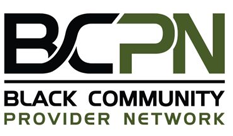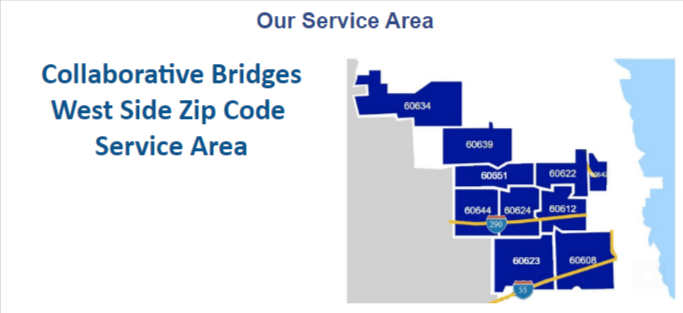The Temporary Assistance for Needy Families program fails to help the vast majority of families in need. It is shameful, but it results from policies my colleagues demanded.
Republicans insisted on making it so hard for states to help poor families who need cash assistance, education, training, and childcare to escape poverty that states started diverting funds to other uses, called “non-assistance” spending. In 2020, states spent only about 20 percent of their federal and state TANF funds on cash assistance and only about 10 percent on work, education, and training. Some states, like Mississippi and Tennessee, choose to stash tens of millions of dollars in a bank account rather than help poor families.
Republicans insisted on imposing crushing administrative burdens designed to kick families off direct cash assistance under the guise of accountability. Even though Republican witnesses recommended lessening work requirements and restrictions on education and training, the GOP debt limit provisions doubled-down on harsh work requirements. These Republican-driven policies trap families in poverty by rejecting them altogether, pushing them into meager child-only TANF, or forcing them into poverty-level jobs rather than building economic security.
Republicans insisted on TANF being a block grant that gave states wide latitude to fund activities that do not help poor parents. Incredibly, unlike any other law, Republicans insisted on a statutory prohibition on federal oversight that limits transparency, fraud detection, and enforcement. When Mississippi advocates asked this Subcommittee for help years ago to get the Trump Administration to examine how the state was using TANF, we had to direct them to state officials to investigate this issue due to this prohibition on enforcement. Unfortunately, even after the fraud revelation, advocates STILL cannot get answers about how TANF is used locally. I hope our witness, State Auditor White, will help remedy that lack of transparency.
It is also deeply troubling that – less than 24 hours after the TANF fraud was announced –Mississippi lawmakers at the urging of State Auditor White – advanced a bill to allow him to review the tax returns of TANF cash recipients, a requirement that was not imposed to my knowledge on the many TANF subcontractors and businesses.
So let us be clear – TANF is working exactly as the Republican TANF system was designed.
Democrats absolutely think TANF needs a fundamental overhaul, but any reform should start with improving family stability by reducing burdensome requirements and providing sufficient access to financial support, childcare, education, and career pathways to help families thrive. Families need stability before parents can be reliable workers, and reliable workers need quality jobs to escape poverty.
Predictable financial assistance is central to stability for parents to hold self-sustaining jobs. We saw during the pandemic that reliable financial assistance via the Child Tax Credit helped cut child poverty by 40 percent.
Further, a recent report by Chapin Hall details how state policies that increase access to TANF and cash assistance are associated with decreased child maltreatment. For example, a $100 increase in TANF cash benefits is associated with reduction in maternal self-reported physical child maltreatment. In contrast, for families receiving TANF who experience material hardship—such as difficulty meeting basic needs—they are three times more likely to experience a neglect investigation and four times more likely to experience a physical abuse investigation.
TANF benefits in most states remain at their lowest value since the program started in 1996. Yet research shows that, for families with children under the age of 5, receiving an extra $3,000 per year boosts children’s adult earnings by 17%. So, investing in cash assistance now would help lift children out of poverty both NOW and in the FUTURE.
The failure of TANF falls disproportionately on children of color whose families experience greater barriers to economic stability. Black, American Indian and Alaska Native, Asian, and Latino children experience higher poverty rates than white children. Yet 48 percent of Black children live in states with benefit amounts below 20 percent of the federal poverty level compared to only 35 percent of white children.
I served on this Committee back when there was a good-faith, bipartisan effort to reform TANF. Now, those efforts have been repeatedly torpedoed by extremists demanding harsh work requirements. Limiting states from using non-assistance dollars will do nothing to lift Americans out of poverty if we do nothing to help states serve low-income families by providing cash assistance and work supports while also removing the ineffective work requirements.
###
Ms. Tumia (Tee-om-ma) Romero
MAOM, PH.D. Candidate in Public Policy
Chief of Staff/Chief Communications Officer
Office of U. S. Representative Danny K. Davis
Ways and Means Committee
Ranking Member, Committee on Worker and Family Support and
Member, Subcommittee on Health
773-533-7520 or 202-225-5006
Tumia.romero@mail.house.gov












